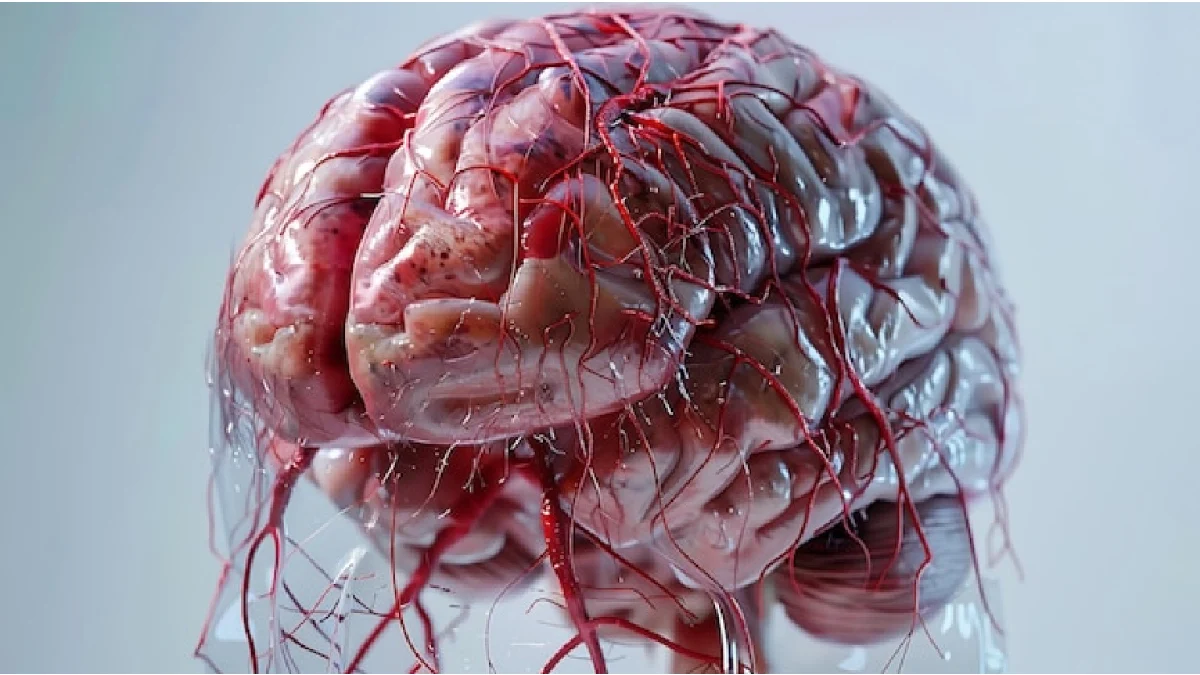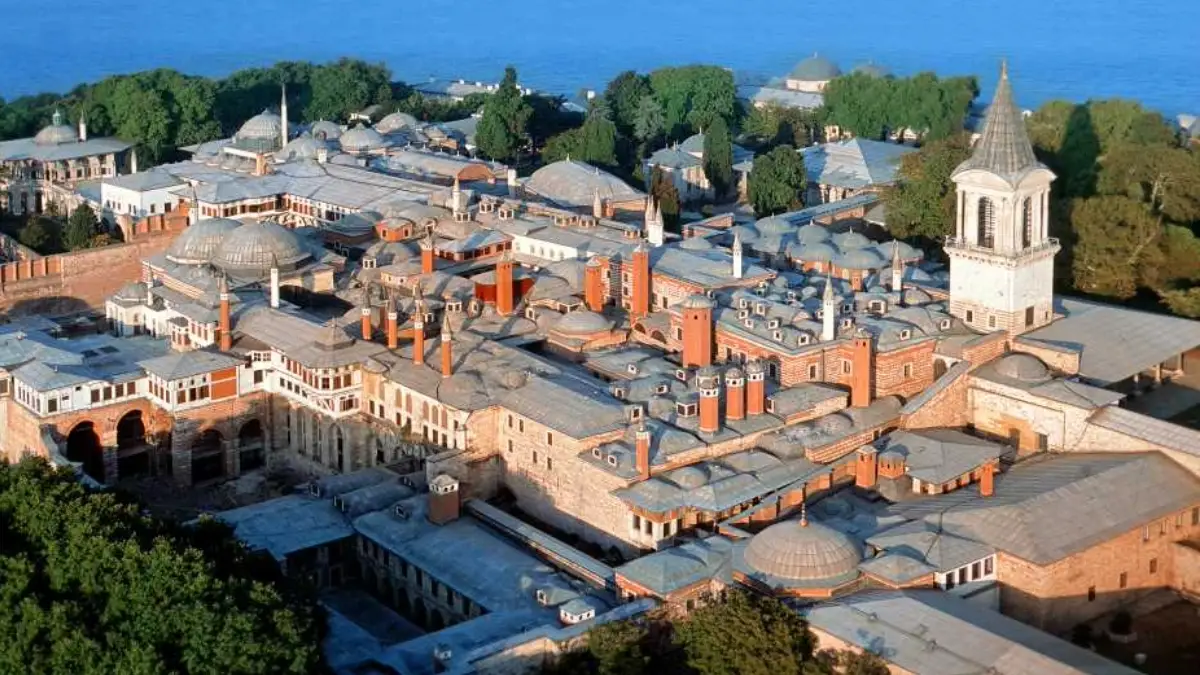Brain tumour treatment in Turkey has become a pinnacle of medical excellence, attracting numerous international patients seeking advanced and affordable healthcare solutions. This guide offers a detailed look into the various aspects of brain tumour diagnosis, treatment options, and the specifics of undergoing treatment in Turkey.
What is a Brain Tumor?
A brain tumour refers to a mass or growth of abnormal cells within the brain. Unlike other cancers, brain tumours can be either malignant (cancerous) or benign (non-cancerous). Despite their classification, both types can be serious due to their potential to disrupt normal brain function. Brain tumours are categorized into primary tumours (originating in the brain) and secondary or metastatic tumours (spreading to the brain from other body parts).
Brain Tumor Symptoms
Symptoms of brain tumours vary widely depending on the tumour’s size, type, and location within the brain. Common symptoms include:
- Headaches: Often severe and worse in the morning.
- Seizures: Sudden, uncontrolled electrical disturbances in the brain.
- Nausea and Vomiting: Often occurring in the morning and associated with headaches.
- Vision Problems: Blurred vision, double vision, or loss of peripheral vision.
- Speech Difficulties: Difficulty forming words, slurred speech, or trouble understanding speech.
- Balance Problems: Difficulty walking or maintaining balance.
- Personality or Behavioral Changes: Noticeable changes in mood, personality, or behaviour.
- Memory Problems: Difficulty with memory, confusion, or trouble concentrating.
- Muscle Weakness: Weakness or numbness in part of the body, often one side.
Early detection and prompt medical intervention are critical for managing these symptoms effectively.
Diagnosing Brain Tumors
Diagnosing a brain tumour involves several steps and a combination of techniques to ensure an accurate diagnosis:
Neurological Examination and Imaging Techniques
Neurological Examination
A preliminary step in diagnosing brain tumours is a thorough neurological exam. This essential procedure evaluates the brain’s functionality by testing vision, hearing, balance, coordination, strength, and reflexes. Although it doesn’t detect tumours, it provides critical insights into which brain areas might be malfunctioning.
Head CT Scan
A Head CT scan is often the initial imaging test for patients experiencing symptoms like headaches. Utilizing X-rays, it provides quick results, revealing abnormalities in and around the brain. If a brain tumour is suspected, a Brain MRI might follow to confirm the diagnosis.
Brain MRI
Brain MRI is preferred for its superior imaging capabilities, using strong magnets to generate detailed brain pictures. A contrast dye is often injected to highlight smaller tumours and differentiate between healthy tissue and tumour cells. Advanced MRI techniques include:
- Functional MRI: Maps brain areas controlling essential tasks, aiding surgical planning.
- Magnetic Resonance Spectroscopy (MRS): Measures chemical levels in tumour cells, providing data on tumour type.
- Magnetic Resonance Perfusion (MRP): Assesses blood flow in tumour regions, facilitating treatment planning.
PET Scan of the Brain
A PET scan, employing radioactive tracers to highlight active tumour cells, is particularly useful in detecting fast-growing tumours like glioblastomas. However, it tends to be less effective for slowly growing, non-cancerous tumours.
Brain Biopsy
In cases where surgery isn’t feasible, a biopsy (stereotactic needle biopsy) provides tissue samples for laboratory examination, determining the tumour’s nature and guiding treatment plans.
Treatment Options for Brain Tumors
Surgery
Craniotomy
A common approach involves temporary skull removal to access and excise the tumour. In cases where the tumour cannot be completely removed, partial resection (subtotal resection) reduces symptoms.
Endoscopic Brain Surgery
Utilizes a thin tube (endoscope) to remove tumours through small openings, often through the nasal cavity for pituitary tumours.
Awake Brain Surgery
Patients remain awake to respond to stimuli, helping to avoid damage to critical brain areas.
Radiation Therapy
Delivers powerful energy beams like X-rays or protons to eradicate tumour cells. Techniques include:
- External Beam Radiation Therapy: Focuses on the tumour-specific area or the whole brain in cases of multiple tumours.
- Proton Therapy: Targets tumours precisely, minimizing damage to surrounding healthy tissue.
Radiosurgery
A non-invasive method delivering concentrated radiation beams from multiple angles. Technologies include LINAC, Gamma Knife, and Proton radiosurgery.
Chemotherapy
Employs drugs to kill tumour cells, often in conjunction with surgery and radiation. Techniques like surgically implanted wafers (Gliadel) ensure localized drug delivery.
Targeted Therapy
Uses drugs that target specific tumor cell components, offering fewer side effects compared to traditional chemotherapy.
Tumour Treating Fields (TTF)
Delivers electrical pulses to disrupt tumour cell division, slowing their growth. This portable device requires frequent use and may cause scalp irritation.
Cost and Success Rate of Brain Tumor Treatment in Turkey
Turkey offers world-class brain tumour treatments at significantly lower costs than many Western countries. The treatment cost varies based on tumour type, size, location, and chosen therapies. Despite the affordable costs, the success rates for brain tumour treatments in Turkey are comparable to global standards due to advanced medical technologies and highly skilled professionals.
Prognosis and Follow-Up Care
The prognosis for brain tumour patients depends on various factors, including tumour type, growth rate, location, and treatment efficacy. Regular follow-up care involves periodic examinations and brain scans, usually MRI, to monitor for tumour recurrence and manage any side effects of treatment.
Rehabilitation
Post-treatment rehabilitation helps regain lost motor skills, speech, vision, and cognitive functions. Services include physical, occupational, and speech therapy, tailored to individual needs.
Why Choose Turkey for Brain Tumor Treatment?
Cutting-Edge Therapies
Turkey provides the latest advancements in brain tumour treatments, ensuring effective outcomes for patients.
Experienced Medical Professionals
Turkish doctors are internationally trained with extensive experience in brain tumour treatments, making them highly competent in managing complex cases.
High-Quality Services
Patients benefit from high-quality services, including complimentary transportation, translation services, and personalized care.
Cost-Effectiveness
Brain tumour treatment in Turkey is more affordable compared to many other countries, without compromising on the quality of care.
Avicenna International Hospital
For those seeking advanced and affordable brain tumour treatment, Avicenna International Hospital in Turkey is a prime institution known for its excellence in medical care. Our highly trained medical professionals and state-of-the-art facilities ensure the best possible outcomes for our patients.
Contact Us To learn more about our treatments or to schedule an appointment.
The cost of brain tumour surgery in Turkey can vary depending on the complexity of the procedure, the hospital, and the surgeon’s experience.
The best treatment for a brain tumour depends on various factors, including the type, size, and location of the tumour, as well as the patient’s overall health. Common treatments include surgery, radiation therapy, chemotherapy, targeted therapy, and a combination of these approaches.
The success rate of brain tumour treatments can vary:
For benign brain tumours, the 5-year survival rate is often over 90% with appropriate treatment.
For malignant brain tumours, the success rate depends on the tumour type and grade, with glioblastoma having a 5-year survival rate around 5-10%.
Advancements in treatment techniques have been improving overall survival rates for brain tumour patients.







